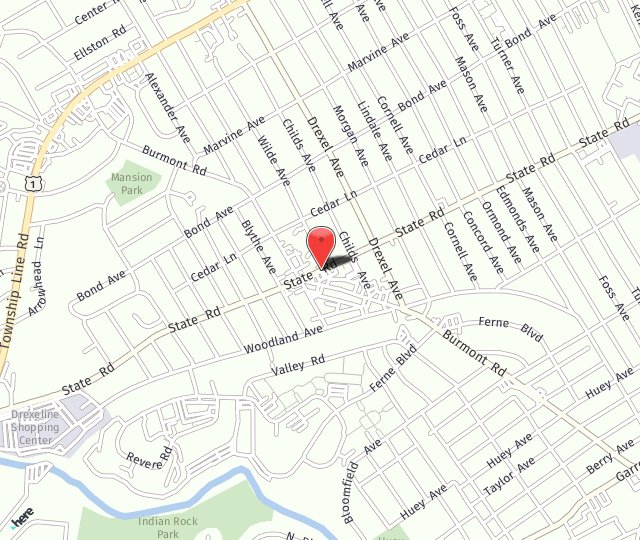
How Glaucoma Progresses
Glaucoma should not be perceived as an eye condition; it needs to be known as a progressive disease process that could lead to blindness. Glaucoma begins with the deterioration of the retinal ganglion cells. The retina is the part of the eye that transfers light to the optic nerve. As cellular changes occur here, they can progress to the optic nerve over time.
Early stage glaucoma may cause undetectable vision loss in the nasal visual field, that which you would see if you were to look down toward your nose. As vision in this field gets distorted, other parts of the eye compensate for that loss. This makes it even more difficult to recognize the signs of glaucoma spontaneously.
Sometimes, glaucoma also raises the pressure inside the eye. This is referred to as intraocular pressure. Because ophthalmologists routinely measure intraocular pressure during eye exams, they are able to assess a person’s risk for glaucoma with this data. When increased risk has been identified, the eye doctor may want to closely monitor eye pressure and general eye health more closely.
Treating Glaucoma
Glaucoma treatment revolves around reducing pressure within the eye. By reducing pressure, the intraocular nerve is protected and supported in the optimal transference of light to the brain. To manage intraocular pressure, an ophthalmologist may prescribe certain medications. Several pharmaceutical drugs show promise in slowing the progression of glaucoma with prescribed use.
In our Drexel Hill, PA office, patients receive care that sees their immediate and their potential future needs. Comprehensive screenings can be performed to evaluate all structures of the eye and identify the risk or severity of glaucoma. With proper care, this eye disease doesn’t have to be such a threat to long-term eyesight.
Schedule a glaucoma consultation or comprehensive eye exam at (610) 789-6565.

